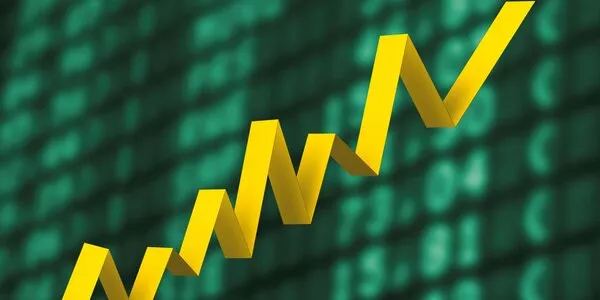
Weekly Update - ECB talks tough on inflation despite the energy crisis
Biggest ECB rate hike so far
This week, as had been widely expected for some days, the ECB raised its policy rates by 75 basis points, taking the deposit rate to 0.75%, the refinancing rate to 1.25% and the marginal lending rate to 1.50%. The move represents an acceleration of the policy tightening begun late last year, when the bank stopped expanding its balance sheet, and continued with a 50 bp rate rise in July. At her post-meeting press conference, Christine Lagarde also gave some fairly strong guidance as to future decisions, saying there would be further rate increases in coming months, which will certainly come at faster pace than the previous norm, while also indicating the size of the hikes would be decided meeting by meeting, based on circumstances at the time. Unlike the Federal Reserve and Bank of England, the ECB is not currently talking about reducing its balance sheet, but the issue may come under consideration before the year is out.
Greater economic uncertainty but also more inflationary risks
This latest tightening of policy and tone by the ECB was driven by its revised forecasts, which identified more uncertainties affecting economic activity and, most importantly, projected a big upgrade to future inflation. Growth-wise, the central bank’s baseline scenario of high pressure on energy has the economy remaining near stagnant for the next few quarters. This would tip over into recession if Russia cuts off all energy supply to Europe: +0.9% growth in 2023 under baseline scenario vs. -0.9% in the alternative scenario, following +3.1% in 2022. Inflation, meanwhile, is forecast to stay high throughout 2023 under all scenarios: +5.5% baseline and +6.9% in the stress scenario, compared to +8.1% on average in 2022.
This latest turn of the ECB's monetary screw confirms us in our watchful approach to euro zone fixed-income markets
While the rate-hike announcements came as little surprise, the hawkish tone indicates our current balanced position in bond markets is the right one. True, yields may now look tempting, particularly real yields, but another rate hike would knock performance back again. Bear in mind, however, that the current energy shock could have dire consequences for the economy and will limit how high interest rates can go.
Also, in the main events of the week, we chose to talk about the nomination of the new United Kingdom prime minister and the european energy crisis.




